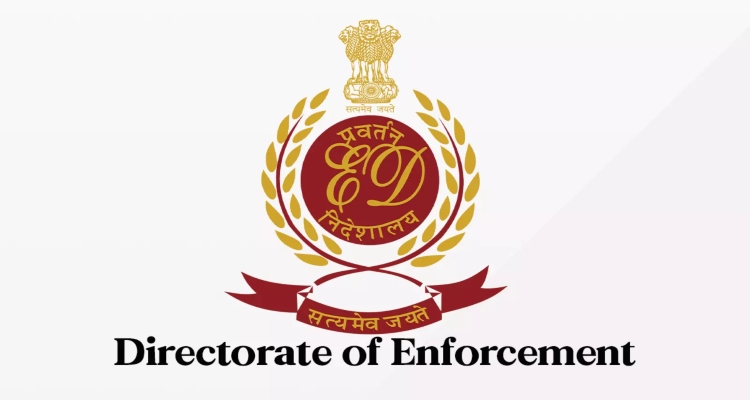
Delhi’s Patiala House Court has granted permission to the Enforcement Directorate (ED) to record statements of former DMK member Jaffer Sadiq and four others in Tihar Jail concerning a drug-related money laundering case.
ED
The Enforcement Directorate, represented by Special Public Prosecutor NK Matta, filed an application seeking authorization to examine and record statements of the accused individuals, namely Jaffer Sadiq, Mukesh PU, Mujeepur Rahaman R, Ashok Kumar, and SG Sadanandan (Sathanantham) under Section 50 of the PML Act, 2002, for a period of three days from May 8 to May 10, 2024.
The plea further requested permission for ED officials to carry their laptops and printers to facilitate the signing of recorded statements and confrontation of data with the accused, given the recovery of 50kg of Pseudoephedrine.
Special Judge
Considering the submissions, Special Judge Sudhir Kumar Sirohi granted ED’s request to examine the accused individuals and also permitted ED officials to bring their laptops, printers, and other necessary items for recording the statements of the aforementioned accused persons.
The court order directed the jail superintendent to make necessary arrangements in compliance with jail rules.
Recently, the ED conducted raids at various sites in Tamil Nadu as part of an investigation into drug-related money laundering involving former DMK member Jaffer Sadiq and others.
NCB
This action follows a month after the ED registered a case under the Prevention of Money Laundering Act (PMLA) against Sadiq, who was previously arrested by the Narcotics Control Bureau (NCB) for his alleged involvement in an international drug trafficking case. The ED registered its case against Sadiq a day after his arrest by the NCB.
According to official sources, the financial fraud probe agency initiated the case against the former DMK functionary after the NCB uncovered Sadiq’s connections with some “high-profile” individuals.
In its investigation, the NCB found that Sadiq headed the network that procured pseudoephedrine in India and trafficked it to Australia, New Zealand, and Malaysia under the guise of food-grade cargo.
NCB officials believe that the drug syndicate operated by Sadiq dispatched 45 consignments over three years to various countries, containing approximately 3,500 kilograms of pseudoephedrine.




